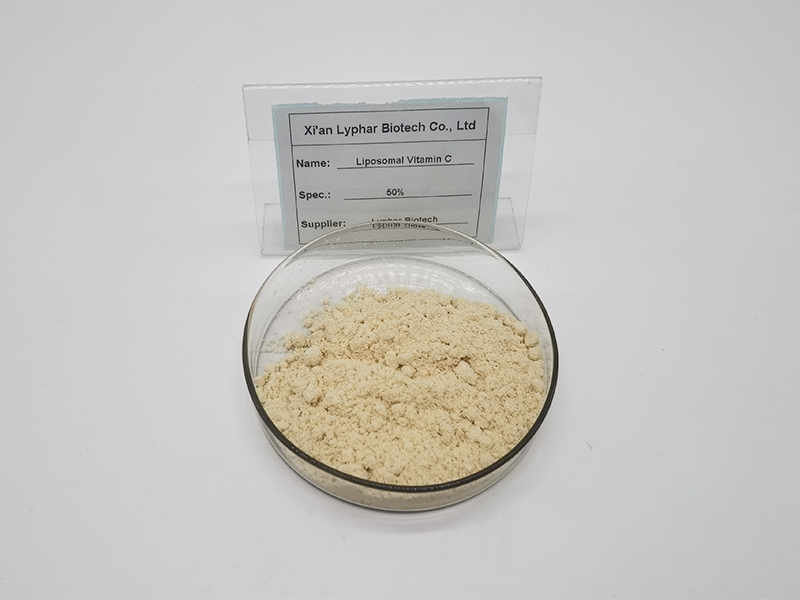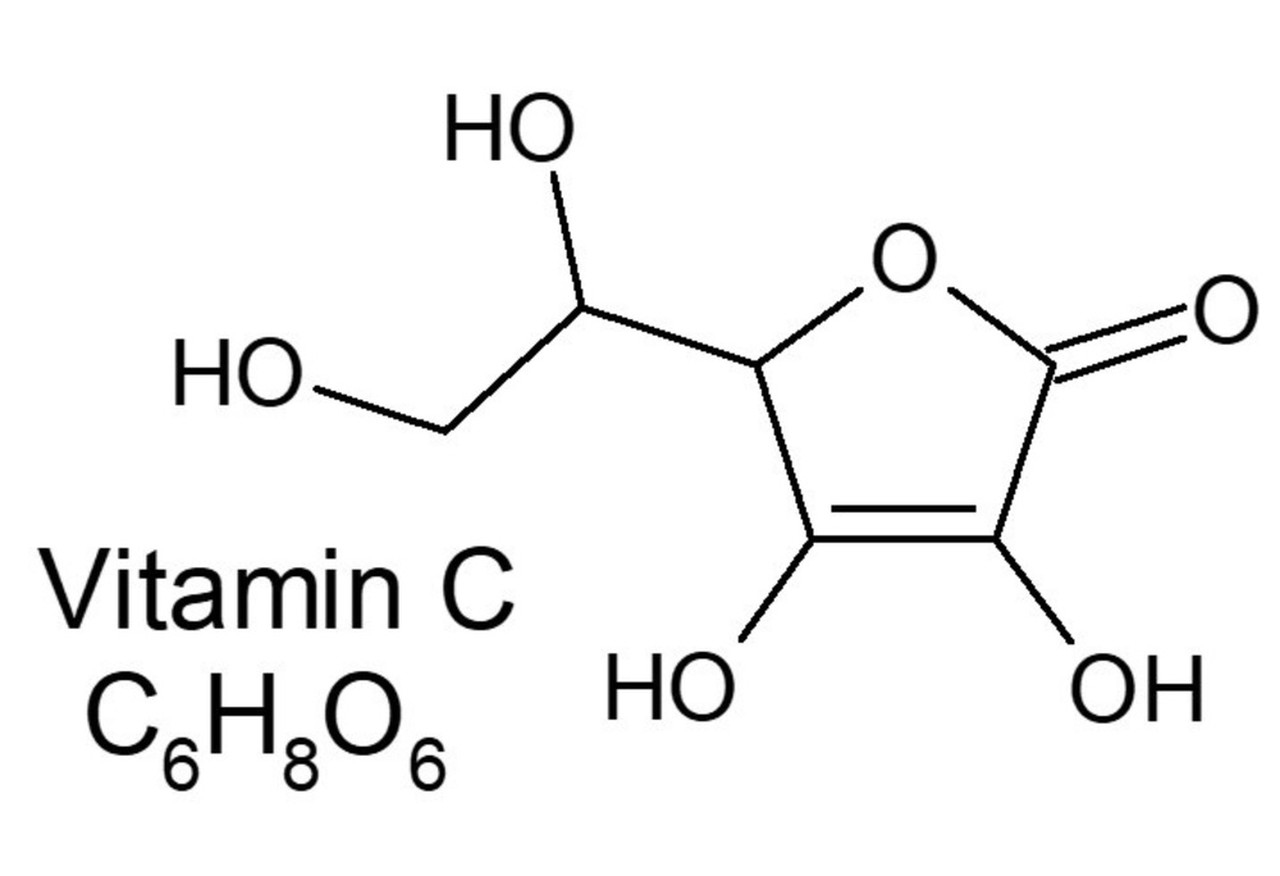Liposomal Vitamin C is a form of Vitamin C supplement that uses liposomes to enhance the absorption and bioavailability of the vitamin. The basic components of Liposomal Vitamin C typically include:
- Vitamin C (Ascorbic Acid): The active ingredient, which is a potent antioxidant and supports various bodily functions such as immune health and collagen synthesis.
- Phospholipids: These are the primary building blocks of liposomes. Commonly used phospholipids include phosphatidylcholine, which is often derived from sources like soy or sunflower lecithin. They form the lipid bilayer of the liposomes.
- Water: Acts as a solvent in the formulation, helping to dissolve the Vitamin C and facilitate the creation of liposomes.
- Citric Acid or Sodium Citrate: These may be included to stabilize the formulation and adjust the pH.
- Preservatives or Stabilizers: Some formulations include additional ingredients to preserve the liposomal structure and extend shelf life. These can vary based on the manufacturer.
The liposomal encapsulation process involves encapsulating Vitamin C within lipid bilayers (the phospholipids) to create tiny vesicles or liposomes. This encapsulation helps protect Vitamin C from degradation and enhances its absorption in the digestive tract.

Potential Benefits of Liposomal Vitamin C
Liposomal Vitamin C offers several potential benefits compared to traditional Vitamin C supplements. Here are some of the key advantages:
- Enhanced Absorption: Liposomal Vitamin C is encapsulated in liposomes, which can help protect the vitamin from degradation and improve its absorption in the digestive tract. This may result in higher bioavailability compared to standard Vitamin C supplements.
- Increased Bioavailability: Because the liposomes can pass through the digestive lining more efficiently, liposomal Vitamin C may deliver more of the active ingredient to the bloodstream and cells.
- Reduced Gastrointestinal Discomfort: High doses of traditional Vitamin C can sometimes cause gastrointestinal issues, such as diarrhea. Liposomal Vitamin C may reduce this risk because the liposomes can help minimize direct contact with the gastrointestinal tract.
- Sustained Release: Liposomes can provide a more gradual and sustained release of Vitamin C, which may be beneficial for maintaining steady levels of the vitamin in the bloodstream over time.
- Antioxidant Support: Vitamin C is a powerful antioxidant that helps protect cells from oxidative stress and damage caused by free radicals. Enhanced absorption means you might experience more pronounced antioxidant benefits.
- Immune Support: Vitamin C plays a crucial role in supporting immune function. Better absorption and bioavailability can potentially enhance its effectiveness in supporting immune health.

- Collagen Production: Vitamin C is essential for the synthesis of collagen, a protein crucial for skin, joints, and connective tissues. Improved absorption can help support better collagen production and maintenance.
- Potential for Lower Dosing: Due to the improved bioavailability of liposomal Vitamin C, you might achieve desired health benefits with lower doses compared to standard Vitamin C supplements.
While these potential benefits are promising, it’s important to note that individual responses to supplements can vary, and more research may be needed to fully understand the advantages of liposomal Vitamin C in different contexts.
